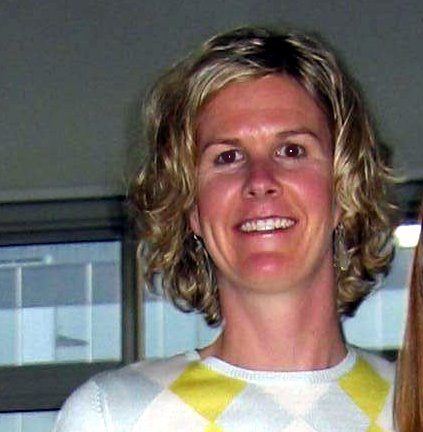The People Who Eat Fish
 We stayed for two days on the shores of Lake Turkana, in the middle of what-seemed-like nowhere, isolated and hot. After a night spent with stampeding donkeys, crawling scorpions and furious winds, our group awoke early the next morning, took cold showers – the first of many during the day – and drove 8 km around the bend of the Lake to the town of Loiyangalani, meaning “place of trees.” And, indeed, there are a few palm and acacia trees scattered around Loiyangalani where, naturally, mud or straw or tin huts clustered. But not many, as mostly the landscape is barren and stoney and littered with livestock carcasses. We needed to buy more water, and the one small store in town had barely enough for our group of 13 – and none cold. There were no newspapers. The beer had run out, as had the cold soda. We still did not have proper roads, or cell coverage. And, with temperatures near 40 C, we were dying.
We stayed for two days on the shores of Lake Turkana, in the middle of what-seemed-like nowhere, isolated and hot. After a night spent with stampeding donkeys, crawling scorpions and furious winds, our group awoke early the next morning, took cold showers – the first of many during the day – and drove 8 km around the bend of the Lake to the town of Loiyangalani, meaning “place of trees.” And, indeed, there are a few palm and acacia trees scattered around Loiyangalani where, naturally, mud or straw or tin huts clustered. But not many, as mostly the landscape is barren and stoney and littered with livestock carcasses. We needed to buy more water, and the one small store in town had barely enough for our group of 13 – and none cold. There were no newspapers. The beer had run out, as had the cold soda. We still did not have proper roads, or cell coverage. And, with temperatures near 40 C, we were dying.
Loiyangalani came into existence as a town in the 1960s, with the establishment of an Italian mission to the Elmolo people who live there. Today, the mission still plays a strong role and has established a few schools, stores, a health clinic, and of course a church. The Elmolo people, known as the “people who eat fish,” are fishing and hunting people that live along the southeastern shores of Lake Turkana. Kenyans also claim that the Elmolo tribe is the smallest – in terms of numbers –in the world. Today, there are approximately 600 Elmolo people existing. Their language is almost extinct, as the last fluently speaking person died in 1998, and so they mostly speak the language of the Samburu people.

We visited with them on the shore of the Lake. We walked up to a highpoint of the village, trailed by every child there, to observe its smallness – only a few dozen straw huts comprise it all. We bought beaded necklaces from the women and watched men carry in Nile Perch from the Lake. How the Elmolo people survive is beyond my comprehension. As is the idea that in this day and age, a place like New York City, with its wealthy financiers and glamorous fashionistas, can exist on the same planet as a place like Loiyangalani with its Elmolo people.
That afternoon, after a lunch back at the camp and another cold shower, we headed to a partially deserted lodge in town. The owner does not take guests anymore, but keeps the pool open for people like us who will pay a few hundred shillings to sit in cold water during the heat of the day. Although I feared cholera, I and everyone else did just that – sat in a cold swimming pool, looking out over Loiyangalani towards the Lake, until the sun went down.
(Pictured: looking down to the Elmolo village in Loiyangalani, you can see the Italian mission-built school buildings and church in the distant background; Elmolo children; Elmolo fisherman with Nile Perch.)



<< Home